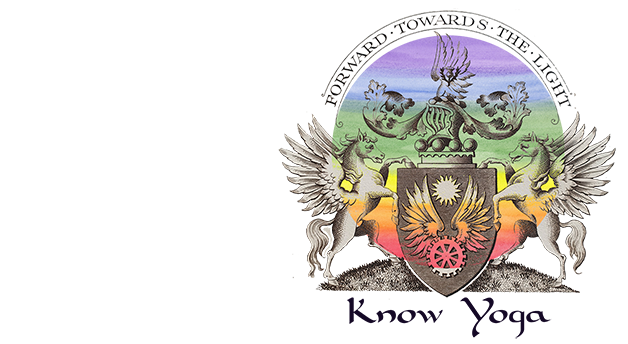A pragmatic approach to our ecological emergency is to find out what people actually think and feel about the world they live in. Do people really feel disconnected from the trees and the weather, the water and the soil? In many cases, for instance if you move through a shopping mall or an airport, a beach resort or a fairground, the sense is of humans engaged in human pursuits that don’t reflect any sense of interconnectedness with the rest of evolved existence, or if they do, the sense is latent and there is no awareness of it.
Attitudes, values and what we’re concerned with is a three way interchange, and people’s sense of who they are and how they relate to one another, themselves and the wider, more-than-human world is fluid, to put it mildly.
And yet we are animals. We can see and feel that in this pandemic because we’re vulnerable to disease in a way that only living things are. We can use technological fixes in the short term – bring in the army to control wildfires, bring in scientists (and test on animals not too distantly related to us) – to solve immediate problems. But unless we raise an awareness of our interconnectedness, and our being a part of the problem, we will not solve it at any but the shallow level.
We need to talk to people, and to ourselves, with a sense of acceptance, wherever our current attitudes and values lie. We need to move from here, now, and not from some theoretical framework of where we ‘should’ be.
Most of us are selfish, most of the time. That’s OK. That’s part of the human condition. The Self Preservation Society has a lot going for it. Individualism is a hugely attractive way of conducting ourselves. The self, the ego, demands our immediate attention.
Anthropocentrism is this individualism taken species-wide. We still centre our interests in what is of interest to our species. It’s hard to argue that we need to move beyond this unless we first acknowledge that we are all bound, to some degree, to put our species first. The pandemic has shown us this. The IPCC report shows us this: it’s concerned about the impact on humans. It doesn’t discuss the impact on other species, or if it does, it’s very much a secondary concern.
Could we live differently? A woman on the radio yesterday asked Joe to consider influencing the (Irish) nation to have fewer showers, pointing out that the daily shower regime is recent, and the plastic bottles of chemically laden shampoo, the laundry, the electricity, all have a huge cumulative impact. Could we have a ‘butterfly’ effect, one person moving this way, and the rest minutely, and then collectively influenced? It’s an idea, at least.
I’ve decided to attempt to pare things back, to simplify how I express what I’m trying to say. To do this without losing the detail is difficult.
Slavoj Žižek says he totally neglects himself in one respect. His example? ‘All my socks are from business-class flights.’
What do we really neglect when we take business class flights?
How we see ourselves influences how we see others, and this, in turn, influences how we see the more-than-human world.
The woman on the radio said that the world is on loan to us. This, at least in religious circles, is a common enough refrain. What if we turn it around? We are on loan to the world. On loan for what?
